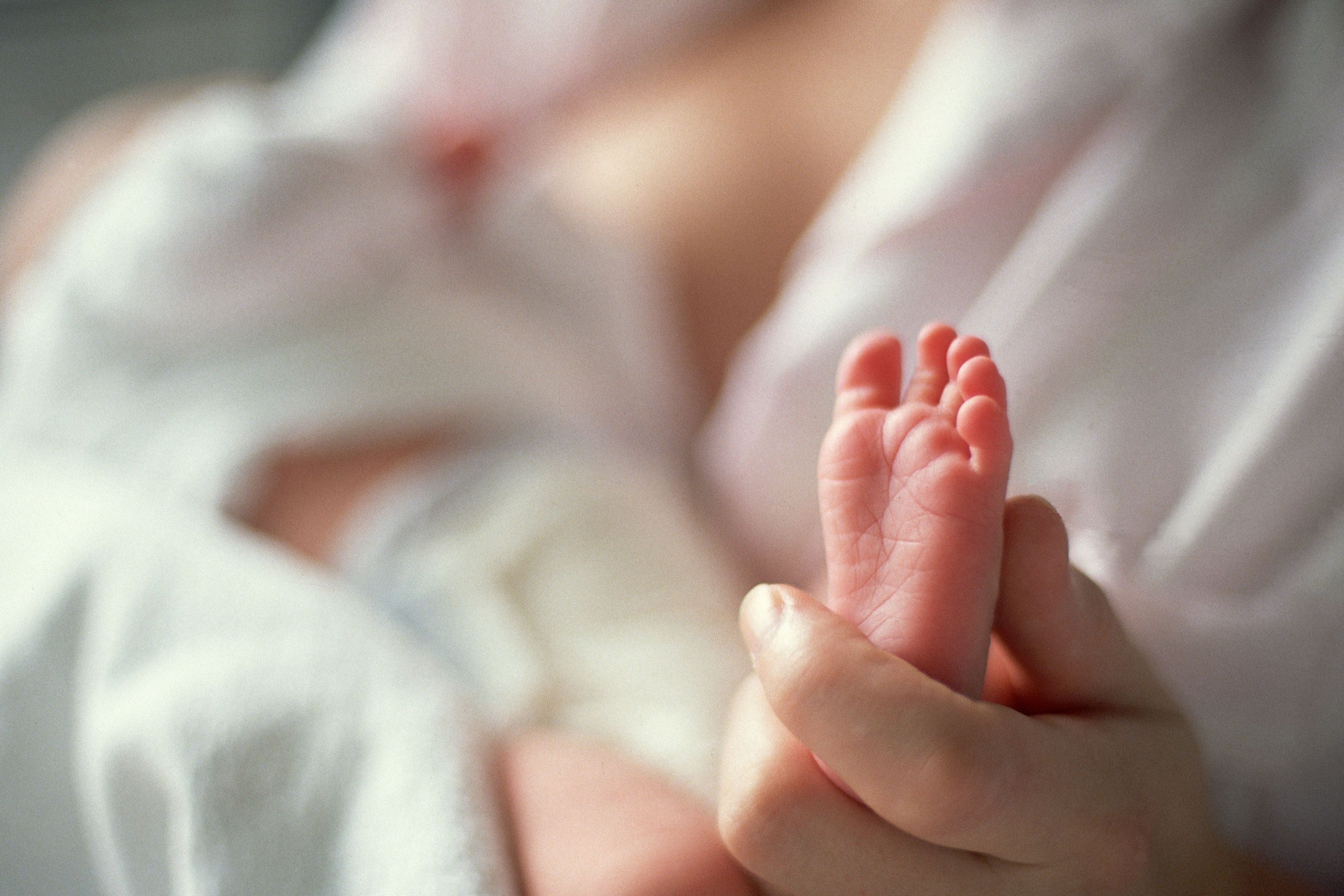Infant Allergies and Breastfeeding Rates in Ireland During the Pandemic
A research project conducted by Children’s Health Ireland (CHI) tracked 365 infants born in two Dublin maternity hospitals from the early weeks of lockdown in 2020 until their second birthday. This study aimed to examine allergies in newborns and found that peanut, hen’s egg, and cow’s milk allergies were lower in these babies by the time they reached two compared to a group of pre-pandemic babies. However, the pandemic infants had higher rates of eczema.
The Impact of Lockdown on Breastfeeding Rates
Interestingly, this study revealed record rates of prolonged breastfeeding and low antibiotic use among the babies. Approximately 35% of mothers breastfed their baby at the age of one, while 11% continued breastfeeding their children at the age of two. In contrast, a study conducted nearly a decade ago found that only 11% of babies were receiving some breast milk at nine months. One of the authors of the study, Consultant Paediatrician Jonathan Hourihane, highlighted that “Ireland has the lowest breastfeeding rate in Europe.”
Consultant Paediatrician Jonathan Hourihane explained that the unique circumstances of the pandemic likely contributed to the increase in breastfeeding rates: “The babies were born in the strictest lockdown that has ever been experienced, so the mothers were able to commit time to breastfeeding. They were still on maternity leave, but they weren’t out and about and meeting in social groups. Then when their maternity leave was up, they maintained breastfeeding at rates never seen in Ireland before.” It should be noted that most of the mothers in the study had third-level degrees, indicating a correlation between higher education levels and breastfeeding rates.
Impact of Lockdown on Antibiotic Use and Allergies
This study also found that antibiotic use among the babies was significantly lower due to reduced exposure to viruses. Only 17% of the babies were prescribed an antibiotic in their first year, compared to 52% in their second year as restrictions eased. Professor Hourihane commented on the importance of educating people about the judicious use of antibiotics: “We need to educate people that they don’t need antibiotics all the time. It amazes me every day the expectation that everything in Ireland has to be treated with an antibiotic.”
The study showed that the expected increase in allergies due to lack of viral exposure did not occur. Professor Hourihane suggested that prolonged breastfeeding and reduced antibiotic use might be the reason behind this unexpected finding. He emphasized that infections may not be the primary problem, but rather the excessive use of antibiotics. Additionally, the babies in the study experienced lower rates of common infant illnesses typically seen in previous studies, likely because they were not sent to creche and siblings were not bringing home infections from school.
Future Implications and Social Consequences
The study, published in the Paediatric Allergy And Immunology journal, not only provided valuable insights into infant allergies and breastfeeding rates during the pandemic but also revealed speech, language, and communication delays at 12 and 24 months. This delay may be attributed to social isolation and limited interaction with non-family members wearing masks.
Looking ahead, Professor Hourihane mentioned that a further study is being planned to review the children again next year. The ultimate goal is to use the knowledge gained from this study to develop a “kit of care” for families in case of future pandemics. Professor Hourihane stated: “We’re all in the business now of trying to make sure we’re pandemic-ready next time. Because we’re told there is another pandemic coming — we just don’t know when.”
+
Denial of responsibility! Vigour Times is an automatic aggregator of Global media. In each content, the hyperlink to the primary source is specified. All trademarks belong to their rightful owners, and all materials to their authors. For any complaint, please reach us at – [email protected]. We will take necessary action within 24 hours.


